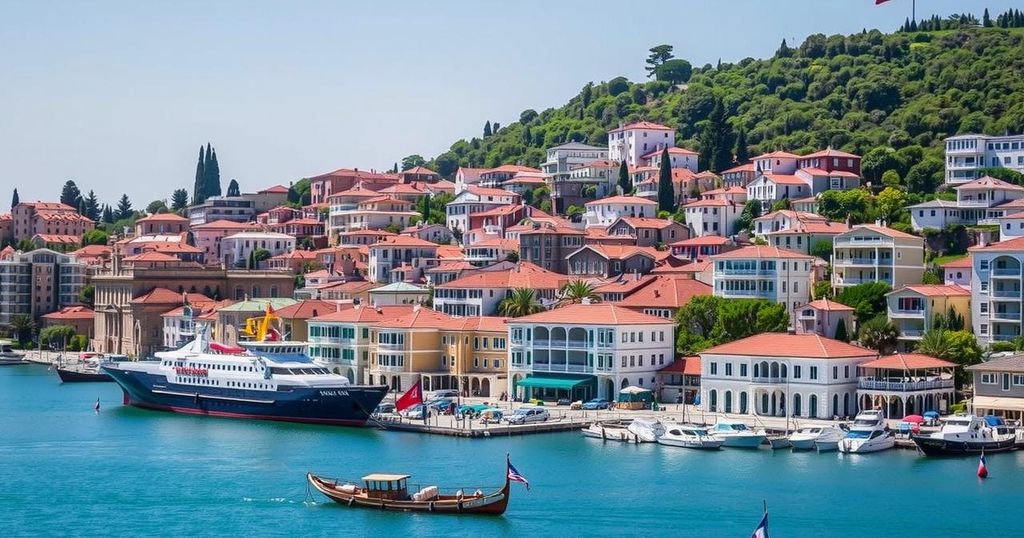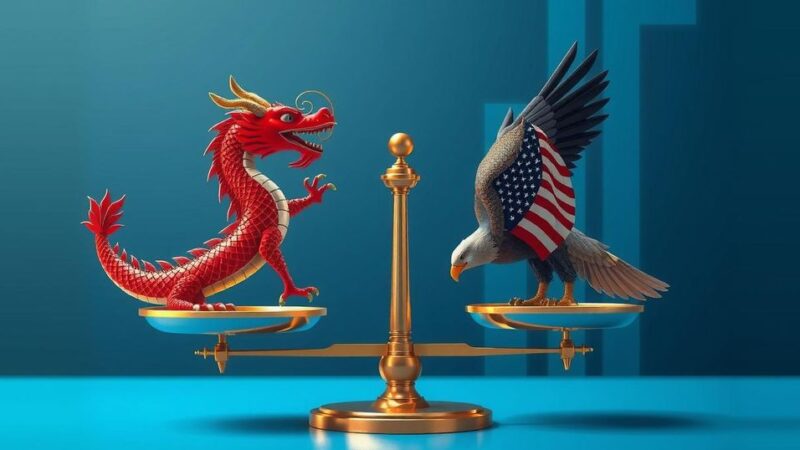Lebanon entered a critical phase with the election of Joseph Aoun amid weakened influences from Hezbollah, Syria, and Iran. Aoun’s presidency may catalyze reforms and stability, while his commitment to neutrality and improved Arab relations presents an optimistic outlook. However, disarming Hezbollah and overcoming entrenched political divisions are substantial challenges that lie ahead, determining Lebanon’s prospects for recovery and governance.
Lebanon finds itself at a potentially transformative juncture as regional dynamics shift. The recent election of Joseph Aoun as president may signal new opportunities for the state, particularly in light of the weakened influence of Hezbollah, Iran, and the Syrian regime. Aoun’s leadership could either steer Lebanon towards stability and reform or maintain the status quo under the thumb of entrenched political elites. As Hezbollah’s grip on Lebanese politics diminishes, the president faces the daunting challenge of consolidating state authority and disarming the militia—a legacy of the civil war. Moreover, Aoun’s commitment to a policy of neutrality and better relations with Arab nations sets a promising foundation, yet the political landscape remains fraught with challenges, including the need for institutional reforms and economic recovery from decades of mismanagement. Success will rely heavily on Aoun’s ability to navigate the complexities of Lebanon’s sectarian politics and bring about a coherent and effective government.
Lebanon’s stability has long been influenced by a multitude of internal and external forces, including sectarian divisions, regional power struggles, and the presence of armed groups like Hezbollah. The historical context of Lebanon has been marred by civil wars and foreign interventions, primarily influenced by Iran and Syria. Recently, Hezbollah’s weakening position following conflicts, particularly against Israel, has opened the door for potential changes in governance and a reimagining of Lebanon’s political direction. Joseph Aoun’s election as president comes against this backdrop, raising questions about his capacity to unify various factions and reclaim sovereignty over arms and state institutions.
In conclusion, Lebanon stands at the precipice of a potential renaissance under President Joseph Aoun. However, the success of this new chapter hinges on addressing the ingrained challenges of sectarian politics and the influence of non-state actors. Aoun’s ability to enforce state authority and navigate the complex relationships with regional powers will be critical in fostering peace and rebuilding Lebanon’s economy. Should he succeed, Lebanon could finally overcome decades of instability and start a new path towards recovery and growth.
Original Source: www.arabnews.com






